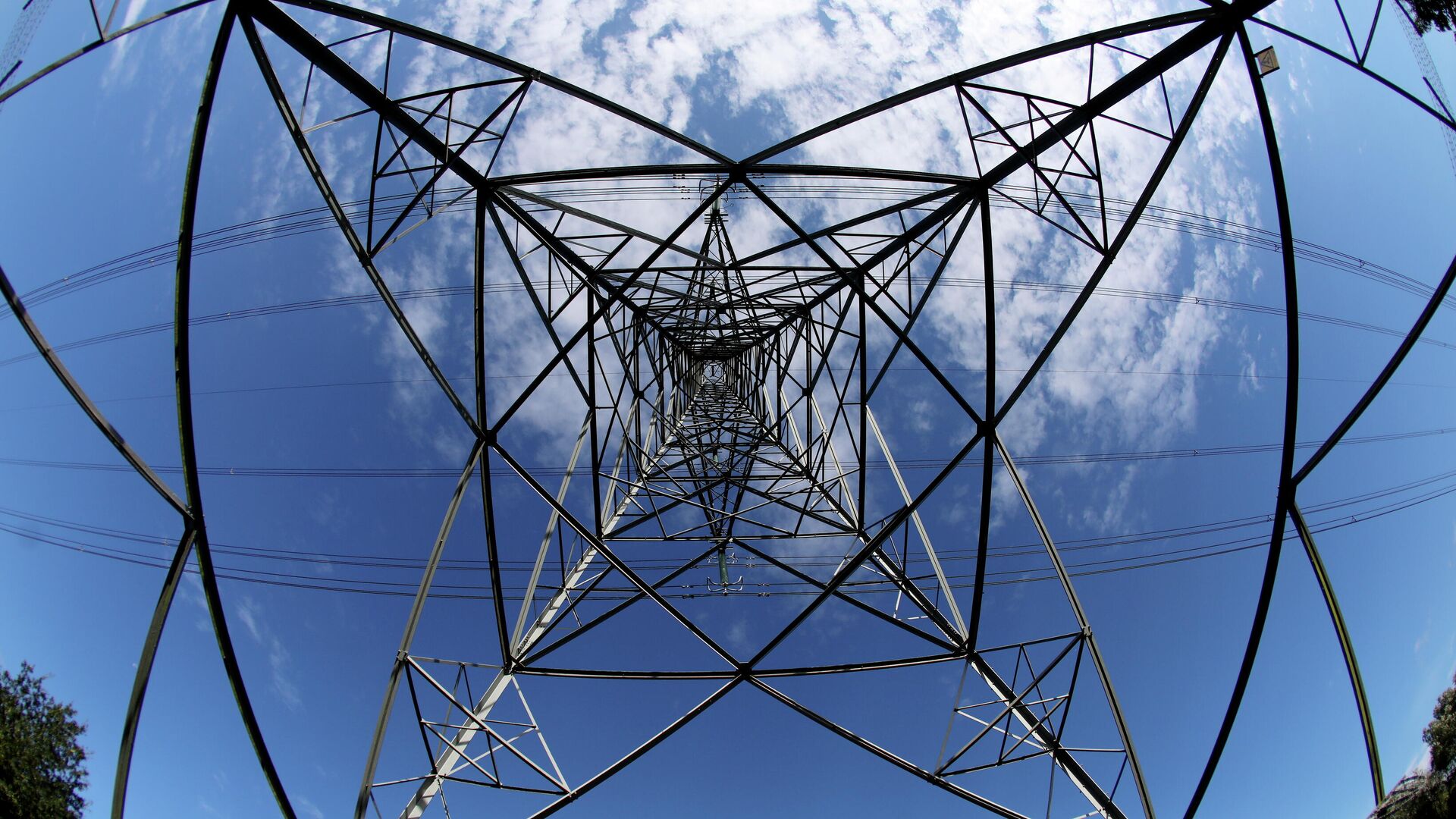https://sputnikglobe.com/20211001/uk-government-seeks-to-return-to-pre-brexit-energy-trade-with-eu-as-domestic-prices-soar-1089576027.html
UK Government Seeks to Return to Pre-Brexit Energy Trade With EU As Domestic Prices Soar
UK Government Seeks to Return to Pre-Brexit Energy Trade With EU As Domestic Prices Soar
Sputnik International
UK Government Seeks to Return to Pre-Brexit Energy Trade With EU Amid Spiking Domestic Prices
2021-10-01T11:40+0000
2021-10-01T11:40+0000
2023-05-28T15:16+0000
europe
power
european union (eu)
united kingdom (uk)
https://cdn1.img.sputnikglobe.com/img/07e5/0a/01/1089575968_0:102:3281:1948_1920x0_80_0_0_ba6818e40996b2aa8b06ad68f60b70b3.jpg
British authorities are examining how to realign the country's domestic energy market with that of the EU, after they got separated as a result of Brexit. The UK Department for Business, Energy & Industrial Strategy (BEIS) has stated that it is consulting on how to improve domestic trade with foreign countries - namely the EU - and enhance the country's energy system flexibility.The BEIS itself expects future trade with the EU to be closer than it was before Brexit: energy sold on a uniform day-ahead price. Right now, UK companies buy power at the European energy exchanges at different and independent prices.The BEIS, however, believes that the two major EU exchanges, Nord Pool and EPEX SPOT, can make "operational arrangements" to couple British energy auctions. As a result, UK-EU energy trade should be cleared at a single price instead of every transaction being priced differently. The department believes this will alleviate the discrepancies that have caused such chaos in the British energy market for the past month and possibly contributed to the recent bankruptcy of three energy suppliers, leaving hundreds of thousands of customers without energy.UK energy market prices rose sharply with an annual power bill recently rising by £139 ($193). That spike was caused by a shortage of power generation as a result of a number of adverse factors, such as reduced wind activity in the country's north where wind turbines are installed, one of the English Channel power lines to France getting damaged, and reduction in coal energy generation. However, the toughest blow to the Brits' wallets was caused by underfilled gas reservoirs and a shortage of global LNG. On 30 September, futures for natural gas at European exchanges hit an all-time high, exceeding the previous high of $1,050 per 1,000 cubic metres and at the markets' opening on 1 October, prices soared even higher, quickly reaching $1,200 per 1,000 cubic metres.
https://sputnikglobe.com/20211001/at-dire-risk-of-premature-death-15-million-uk-households-hit-by-record-high-rise-in-energy-bills--1089573837.html
united kingdom (uk)
Sputnik International
feedback@sputniknews.com
+74956456601
MIA „Rossiya Segodnya“
2021
Tim Korso
https://cdn1.img.sputnikglobe.com/img/07e6/03/0d/1093831826_0:0:216:216_100x100_80_0_0_e3f43a960af0c6c99f7eb8ccbf5f812c.jpg
Tim Korso
https://cdn1.img.sputnikglobe.com/img/07e6/03/0d/1093831826_0:0:216:216_100x100_80_0_0_e3f43a960af0c6c99f7eb8ccbf5f812c.jpg
News
en_EN
Sputnik International
feedback@sputniknews.com
+74956456601
MIA „Rossiya Segodnya“
Sputnik International
feedback@sputniknews.com
+74956456601
MIA „Rossiya Segodnya“
Tim Korso
https://cdn1.img.sputnikglobe.com/img/07e6/03/0d/1093831826_0:0:216:216_100x100_80_0_0_e3f43a960af0c6c99f7eb8ccbf5f812c.jpg
europe, power, european union (eu), united kingdom (uk)
europe, power, european union (eu), united kingdom (uk)
UK Government Seeks to Return to Pre-Brexit Energy Trade With EU As Domestic Prices Soar
11:40 GMT 01.10.2021 (Updated: 15:16 GMT 28.05.2023) Rocketing gas prices in Europe, combined with a slump in energy production in the country's north has caused prices in the UK for people to power their home to leap from an average £1,138 ($1,583) to a record high of £1,277 ($1,777) per year.
British authorities are examining how to realign the country's domestic energy market with that of the EU, after they got separated as a result of Brexit. The UK Department for Business, Energy & Industrial Strategy (BEIS) has stated that it is consulting on how to improve domestic trade with foreign countries - namely the EU - and enhance the country's energy system flexibility.
"We're seeking views on the current arrangements for trading electricity on power exchanges in the GB wholesale electricity market and our proposals to support efficient cross-border trading," the BEIS said in a statement.
The BEIS itself expects future trade with the EU to be closer than it was before Brexit: energy sold on a uniform day-ahead price. Right now, UK companies buy power at the European energy exchanges at different and independent prices.
The BEIS, however, believes that the two major EU exchanges, Nord Pool and EPEX SPOT, can make "operational arrangements" to couple British energy auctions. As a result, UK-EU energy trade should be cleared at a single price instead of every transaction being priced differently. The department believes this will alleviate the discrepancies that have caused such chaos in the British energy market for the past month and possibly contributed to the recent bankruptcy of three energy suppliers, leaving hundreds of thousands of customers without energy.
UK energy market prices rose sharply with an annual power bill recently
rising by £139 ($193). That spike was caused by a shortage of power generation as a result of a number of adverse factors, such as reduced wind activity in the country's north where wind turbines are installed, one of the English Channel power lines to France getting damaged, and reduction in coal energy generation.

1 October 2021, 09:41 GMT
However, the toughest blow to the Brits' wallets was caused by underfilled gas reservoirs and a shortage of global LNG. On 30 September, futures for natural gas at European exchanges hit an all-time high, exceeding the
previous high of $1,050 per 1,000 cubic metres and at the markets' opening on 1 October, prices soared even higher, quickly reaching $1,200 per 1,000 cubic metres.




